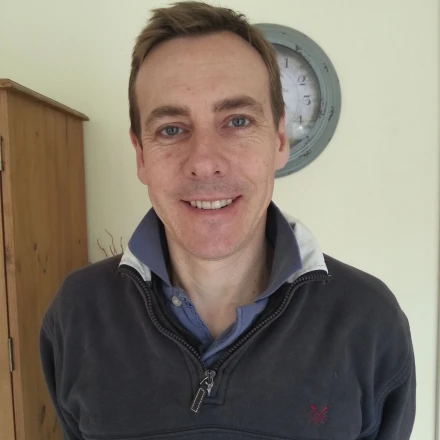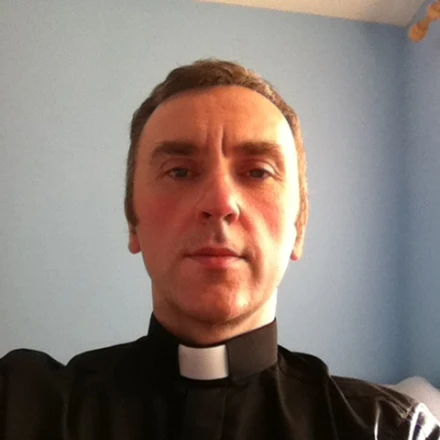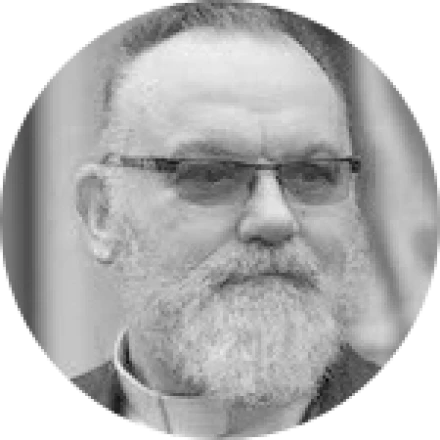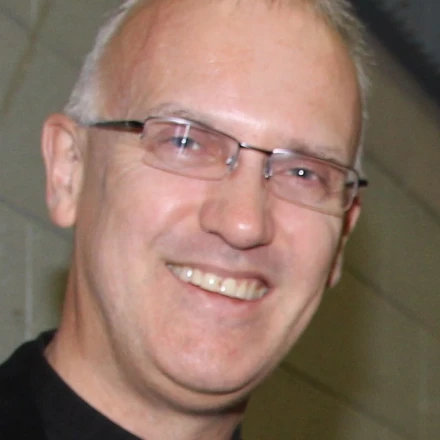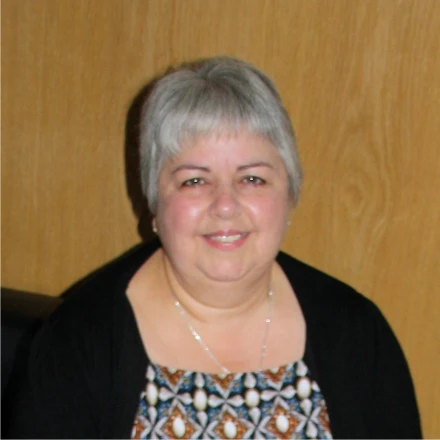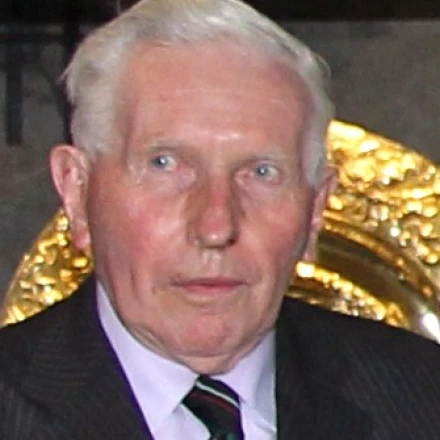Thinking Makes It So – Ulster Protestants and the symbols of 1916
IN 1916, a young psychologist called Kurt Koffka was working for the German government. Later, he told this story: On a winter evening, in a driving snowstorm, a man on horseback arrived at an inn. He had ridden for hours across a windswept plain, and he was enormously happy to have reached shelter. The landlord looked surprised, and asked where he had come from. The man pointed straight behind him. The landlord, in a tone of awe and wonder, said, “Do you know that you have just ridden across Lake Constance?” The rider’s eyes opened wide, and he dropped stone dead. The point is simple: our actions depend on the way we understand the world, and not on the way the world is. It applies spectacularly to this island: we have communities that inhabit different versions of the world. Just perhaps, highlighting the problem may help us to connect the worlds.

